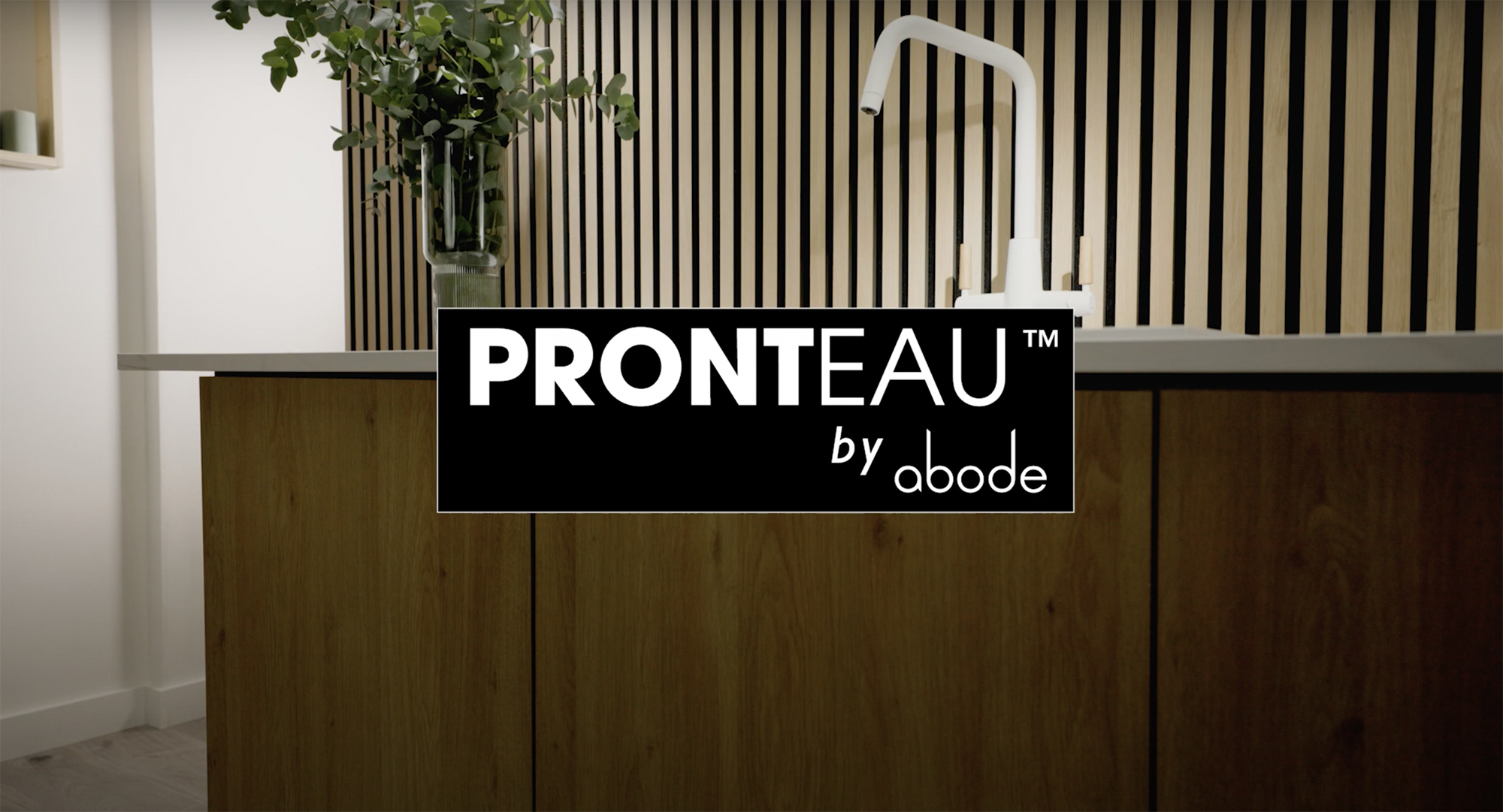KBB business consultant Toby Griffin says don’t promise perfection, instead manage client expectations to avoid costly snagging lists with tolerance on both sides.

I have not seen a kitchen or bathroom installation yet (either in a showroom, a client’s home, or my own home), that I can’t – if I really try – find fault with.
Be it a door somewhat mis-aligned, a bath panel slightly bulging, inconsistent silicon, or a mitre joint that could have been cut better.
Sponsored Video
So why, therefore, are clients satisfied with imperfection, when they could complain?
The issue is tolerance – in both of its meanings.
Manage expectations
Tolerance (in one definition); “the amount by which a measurement or calculation might change and still be acceptable”, is most clearly demonstrated by tiling.
‘Lippage’ (the extent to which one tile can be slightly further off the wall/floor than another) is very hard to totally avoid, particularly with certain types of tile.
The British Standard BS5385-3 states there is a tolerance of 1mm for joints less than 6mm wide and 2mm for joints of 6mm or more.
It is therefore understood that although some tiling may not be perfect, it is acceptable.
Tolerance (in the other definition) – “the ability to bear something unpleasant or annoying”, is the other hugely important factor.
Let’s be honest, some people are just more particular than others.
I once had a client who complained about a quartz worktop having a stain, which upon our inspection could not be seen. But, then, the client brought out a UV light and – casting it over the worktop – managed to show a tiny imperfection in the finish.
So how do we manage expectations early, and build in that a degree of tolerance will be involved?
A few times, I have had the following conversation during the design/specification process.
Client: “This is all going to run perfectly, isn’t it?”
Me: “Probably not, no”.
Client: (laughs nervously, as they assume that I’m joking)
Me: “It’s very rare for a project to go without a single hitch – be it a product out-of-stock, an item damaged, a strip-out revealing troublesome building work issues – but we’ll resolve these, and the job will be completed”.
By being reassured, the client is satisfied; but they’ve also got the principle of ‘perfect’ out of their mind.
Creating a balance
Wouldn’t it be lovely if we could tell the easy-going clients from the difficult ones, and charge the former less, and the latter more?
Have you ever had that client who decides not to go ahead with your company, and you actually breathe a sigh of relief?
A high quality installation costs money, requires experienced and skilled installers, taking time to get things right, and using premium products.
But clients also want the price to be keen, and for their kitchen or bathroom to be back in action as soon as possible, and both of these factors run contrary to a quality installation.
When there is a balance due and the client is producing snagging list after new snagging list, there is always the temptation to wonder if their attention to detail is being motivated by money.
I would like to think I have never had a client consciously aware of this being the reason for their exacting standards, but I have wondered whether their subconscious mind (the so-called ‘devil on their shoulder’) is influencing their conscious mind to take a tough stance.
I’ve also had clients who’ve had problems in their personal life during an installation, and have (not even knowingly perhaps) directed their anger, frustration, grief, etc. towards us, as the ‘kicked cat’.
A successful kitchen or bathroom project relies on: the quality of the products, the quality of the installation, and the expectations/reasonableness of the client.
There is a difference between a good, quality job and a happy client. So, producing a satisfactory kitchen or bathroom is about tolerance – in both meanings of the word.
Toby Griffin has also questioned the gender imbalance in the kbb industry and calls for a levelling of the playing field.



